One sends out this precious, all too precious, closely guarded work to complete strangers: they might initially take an interest, but after being presented with the entire manuscript, they can’t be bothered to get back to you at all, not even with a brief cordial rejection note.
It makes one doubt the quality of the work.
I started to re-read the work that has been the cause of all this unpleasantness again, and after a few pages began to see it in a harsher light: It was too repetitive, too relentless, too tight.
Since I officially finished the novel, over a year ago, I had spent a lot of time tinkering with it. Every time I opened the document, I would be confronted with something that needed to be changed, and then something else, and hours on end would be spent making minor adjustments, many of which didn’t need to be made. These endless finishing touches were draining the life out of the work, and I wanted to avoid the airless quality that I disliked so much when I encountered it elsewhere. I needed to leave it alone. But with no end in sight regarding publication, it was difficult to resist fiddling around with it.
It pained me to consider that I had prioritized this finely-honed ego-driven mess over everything else. All the time I’d put into constructing paragraphs, sculpting sentences, and leaving no synonym unturned in exhaustive searches for le mot juste—all that manic manicuring couldn’t turn out to have been in vain. What would be useful would be the services of an editor invested enough in the work to insist on my removing about a quarter of it, with whom I would be delighted to collaborate, preferably with the promise of publication.
Why this craving to be published by a ‘reputable’ imprint? Any self-respecting author should ignore the major outlets as an act of principle, and I would normally adhere to that credo, as I had done until now, not that I had any choice in the matter, but it was my stubborn belief that the work in question, by its nature, required such validation. Were it to be published by a micro-press, the sentiments contained therein would appear even pettier than they already were. Inevitably, I would end up settling for less: that knowledge was built in.
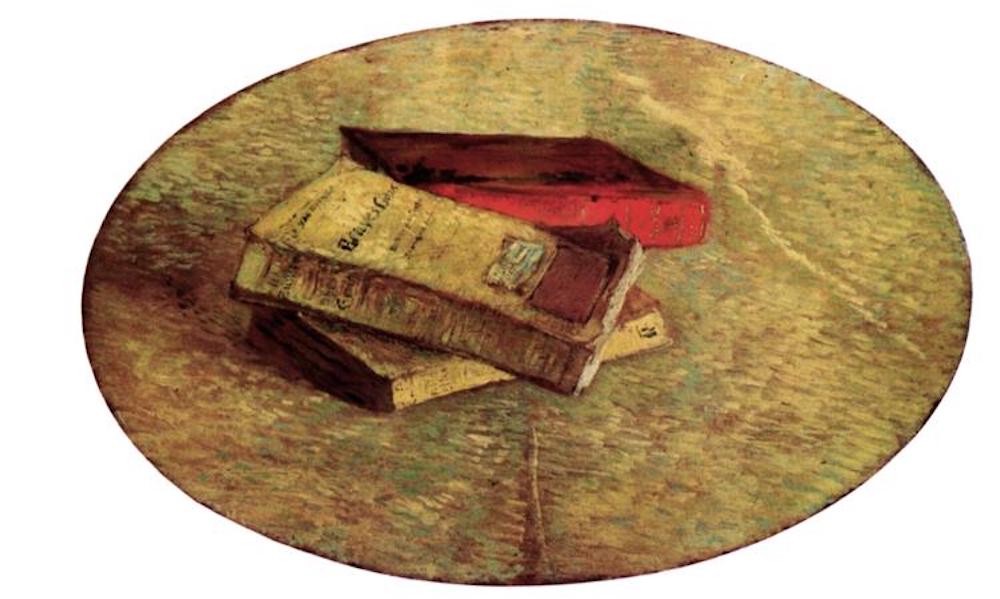
Vincent van Gogh, “Still Life with Three Books,” 1887.
I walked out into the refreshingly cool evening air, straight into the path of a neighbor, Mike Eupole, who was taking a walk.
He didn’t seem particularly displeased to see me and obligingly took out his earbuds when I hailed him.
“I was just thinking about you yesterday,” I said. “I was reading your blurb on the back of Zander Valvitcore’s novel. What did you really think of it? Be honest.”
“I liked it,” said Mike unconvincingly. “It was a good story. It had some nice touches.”
“But he can’t write, can he? He can’t construct a complete sentence. It’s nice that he’s trying, and you can see the effort he’s putting into it, but he can’t quite manage it. He’s a nice guy though. I know him vaguely.”
Mike smiled and nodded noncommittally.
“This sort of thing really shouldn’t be encouraged,” I continued. I hadn’t been outside all day and after sitting at my desk—and in my green armchair, and on the sofa, and lying on my bed—brooding ruinously for hours on end about various slights and injustices, without speaking to a single person, I now found myself in an unusually garrulous mood, needing to let off steam. “I mean, what’s with this Alt-lit crap? Do we really need an alternative to literature?”
Mike laughed. He didn’t write Alt-lit, but he had supported it by bestowing a complimentary blurb on Valvitcore’s execrable novel, Wasted, that was getting a lot of undeserved attention owing to the author’s busy presence on social media, networking abilities, aggressive affiliation with a pointless and transitory new literary trend, and the book’s calculatedly attention-grabbing cover design.
“It’s just an excuse for people who aren’t interested in writing properly,” I continued, warming with malice to the subject. “It allows illiterates to make their contribution; it allows people who want to call themselves writers to commit acts of unacceptable degradation on the English language.”
“I guess it’s a bit like punk rock,” said Mike: “people who can’t play an instrument forming bands.” From his more elevated position as an established writer, he could afford to be more forgiving, or indifferent.
“Exactly,” I said, “and it has a snowball effect in that it encourages people to get involved in something they have no experience in or aptitude for. But it’s a lot more fun listening to somebody with loads of youthful energy bashing out three chords than reading somebody that can’t construct a sentence struggling to express themselves.”
“It’s an internet phenomenon,” said Mike.
“Maybe I’m missing the point,” I said. “But in 20… or 10… or five years’ time, will any of these epoch-defining works of Alt-lit, autofiction and so-called transgressive literature stand the test of time? You don’t need to be aligning yourself with this crap.”
“What are you up to?” said Mike, changing the subject.
“As a matter of fact, I’m trying to get a novel published,” I said.
“That’s great,” said Mike, suddenly sounding vaguely enthusiastic, and probably hoping to get me off his back.
“Well, it would be great, if I could get it published. Now I’m writing a series of pieces chronicling my various frustrating interactions with publishers and agents. Stay there. This won’t take 30 seconds…”
I went back upstairs as quickly as possible given my debilitated condition and picked up my car keys. Conveniently enough, my car was parked directly in front of my apartment. I opened the trunk and handed Mike the latest issue of Artillery.
“Here’s the first installment of the series. I can’t stop churning this stuff out. No amount of rejection can stop me. Sickening, isn’t it?”
“I know how it is,” said Mike, with a dry smile. Yes, he knew. But he was also assured of publication, having had a string of novels published by a major house.
“At least you have an excuse,” I said. “You know that your work is going to see the light of day. That must be nice.”
“I guess so,” he said, and gave a nonchalant shrug. He was out of the trenches but perhaps he had moved on to another, more advanced sphere of struggling. Each of us had our own battles.
“What’s your agent situation?” I asked him, and why not? It wasn’t every evening that I walked outside and immediately encountered a widely published neighbor. There could be no harm in asking.
“I have one,” said Mike with deepening indifference.
“Well, they seem to have done good by you,” I said, and elicited another good-natured but apathetic shrug.
“You’re welcome to contact her,” said Mike, kindly saving me the trouble of asking.
“Most kind. You really wouldn’t mind? Because I will.”
I reopened the trunk of my car and handed over the latest issue of the Santa Monica Review, which contained a short story of mine. “Read this, so you can be assured your agent’s time isn’t being completely wasted,” I said.
Mike probably wouldn’t read it. He was a helpful sort, but, I suspected, fairly indiscriminately helpful. It didn’t matter. He had provided me with the name of his agent, and I would contact them.
I walked down to Sunset. There was a new restaurant down there that apparently made a great hamburger. But on the strength of their weak name and the nature of the clientele observable at the outdoor dining section, I had vowed never to grace their threshold. However, they now had a take-out window open for business, and I ordered a hamburger to go.
“We don’t take cash here.”
“I’m sorry.”
The tiny young woman in the window repeated the statement.
“You’re joking…” I began to splutter.
“I just work here,” she said, and had to repeat this statement after another abortive eruption of spluttering indignation.
“For fuck’s sakes!… I know, it’s not your fault. Is there anybody here in a position of more authority that I can yell at?!”
There wasn’t. I walked off fuming about this elitist, self-defeating practice that discriminated against the poor, and those of us with bad credit. It wasn’t the only local dining establishment to have adopted this policy, which was illegal in New York. A cashless society: what was the world coming to?

Trophime Bigot, “A Doctor Examining Urine,” c. 17th century.
I went ahead and contacted Mike Eupole’s agent, Susan Fumus Blear:
Mike Eupole might have warned you that I’d be in touch, as he was kind enough to pass your contact info along.
Yes, he probably had warned her. He had probably apologized in advance for the inconvenience of having to deal with me and told her not to feel under any such obligation.
The novel in question does not examine issues of gender, race, class or identity. However, encouraged by some positive recent developments (an outright lie) I’m renewing my efforts to get it published by a reputable imprint; at the very least, a good independent press with distribution. I am deluded enough to believe that the novel possesses sales potential… ad bloody nauseam…
The weeks passed by.
An encouraging rejection letter, if such a thing can be said to exist, arrived from the pen of Stella Loryn. It was evident that she, and her assistants, had actually read the thing, which was a new experience for me:
“I have shared your novel with several readers and each had great things to say about the quality of writing, characterization and humor: qualities that are intensified when delivered in such a unique and darkly humorous style as yours. The voice reminded me a little of Mitchell Wellbeck. I greatly enjoyed reading it, not least because you have managed to write unusually well about writing itself, which is one of the hardest things to write about.
However, as you are probably aware, the publishing industry is still impacted by several years of compromised business, and this has resulted in many established authors losing out, as well as debut writers. Even before the pandemic, dark and ambitious literary fiction was a tough sell, and with its effects still being felt, it has become even harder.
I have no doubt that there is a readership that will love your novel, and I would strongly advise you to continue submitting to other agents.
Again, we wish all the best for you and thank you for sharing this manuscript with us…”
There was a lot of sharing going on in the world these days.
More time passed by, as I knew it would, and I gave up, as I knew I would, on sending the novel out. The fear that I wouldn’t put the required effort into getting it published had quickly materialized. After years—decades—of self-thwarting procrastination, I had finally delivered of myself, but my efforts had failed to rouse much interest in the few incompatible parties I’d trafficked with. The sense of futility engendered by these dealings with the literary establishment hung over other potential undertakings. There didn’t seem to be much point to writing anymore.
This is Part III of an ongoing series. Please see previous installments: Part I, Part II and Part III.

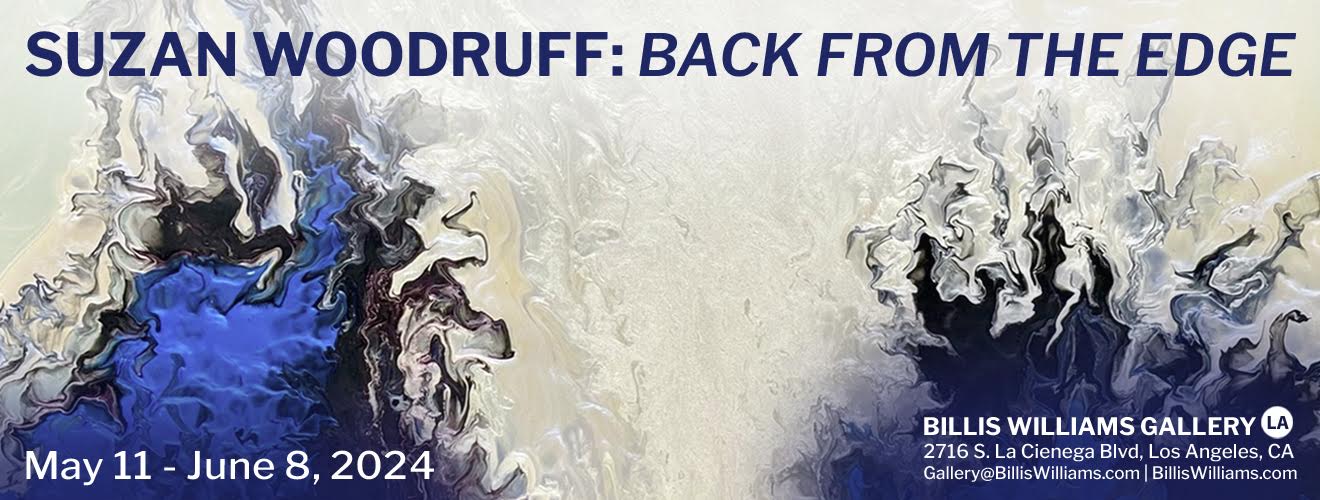




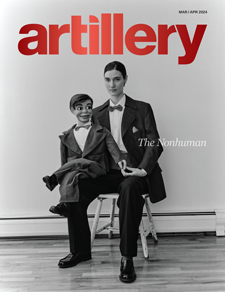

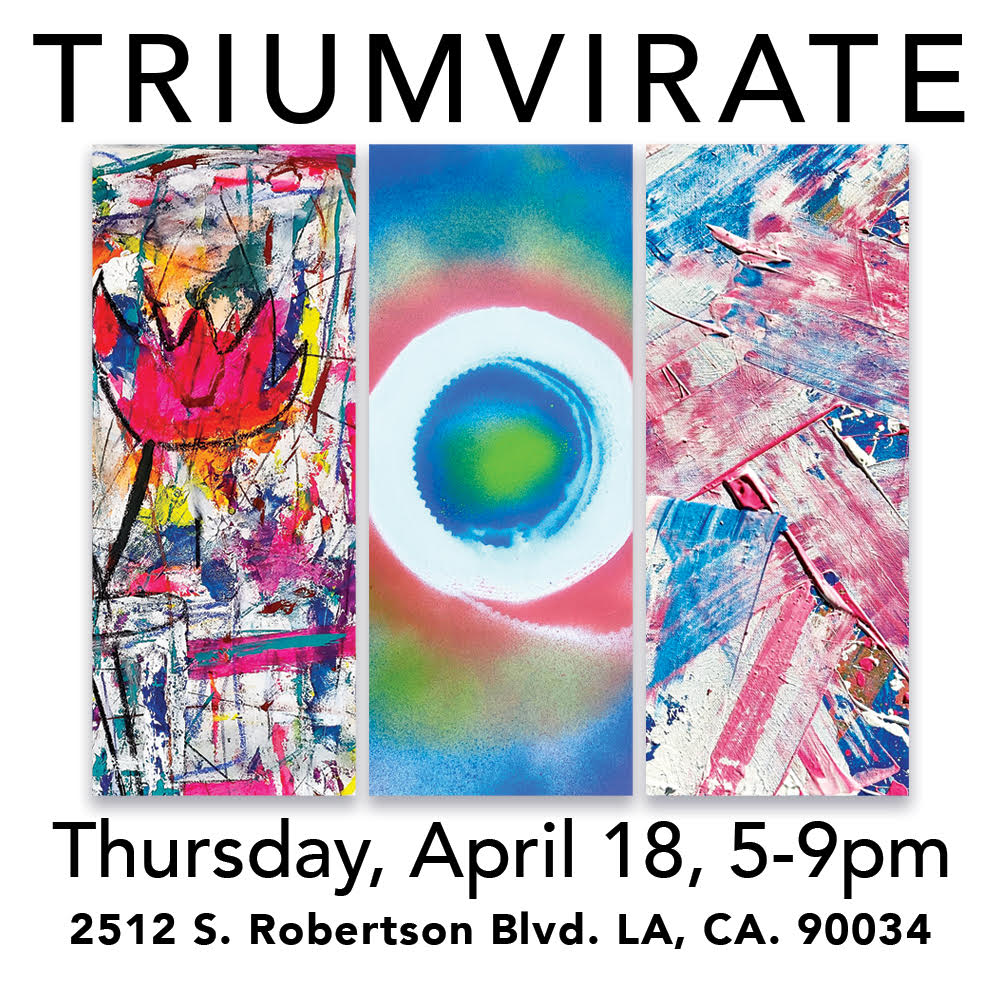

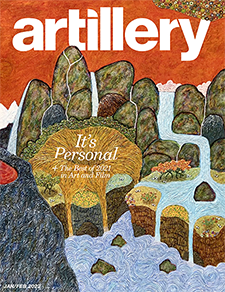
Well, I’ll say this about John… he’s got guts! And there are very few people, let alone writers, you can safely say that about anymore. It’s a sham and a shame this ‘culture’ of ours. Toothless, spineless, seekers of wrapped up rabble, folded up in followers, a coddling, swaddling a gogo! My social leelee… A collective dipped, duped & deluded… quarterly! All hiding behind the fabric of their lies…(Yes you ya jabber!). Safety in terror and stripped bare, flashing zero-thought conformity. A laughably terrifying naivete. Avatar zeal of A.I. pilgrims. At least John is nobody’s victim. Except maybe his own… His greatest strength as his greateat failure. There’s an ancient, withered up wrinkled foreskin charm in that. Ahh… If only a fraction of these sanctimonious prigs, these harbingers of holy hatred & hoodwinked virtue, had half the half-stomach and tongue-in-cheesecake tenacity for self critique that John has, we’d all probably be a lil stronger, a lil more flexible and a lot more actually critical and/or humorous and joyous for it! Imagine a world where John is a raging success!! Haha! That would show him… and wouldn’t that be fun. 🙂 Hang indarrrr John. Wooooof ’24.
Senior Tottenham is always interesting, funny, and self-deprecating with honest charm. Of course, the world has absolutely no need for an alternative to literature: John’s wisdom is outmoded. The scene is firmly in the hands of shallow fools. (But the true work must be done.)
“another, more advanced sphere of struggling” which is always preferable to the remedial sphere
If John’s “wisdom is outmoded” it may have more to do with age and life experience than any aspect of his work. Now that everything from a fish taco to a NASA space launch is considered “awesome”, where are we headed? Joseph Conrad must be spinning in his grave like a pinwheel. In his preface to “The Nigger of the Narcissus”,(start your complaints of racism now and get it over with, please.) Conrad begins with this line, “A work that aspires to the condition of art must show its justification in every line.” Work today that has depth and gravitas is too much trouble for readers to slog through. Anything light, frothy and self-referential with lots of texting and artisanal cocktails would be so refreshing and modern, and of course, awesome.
https://m.youtube.com/watch?v=pIgZ7gMze7A